The appearance of various forms of Artificial Intelligence (AI) in our daily life has taken on a pace and spread of unpredictable magnitude. Nearly every type of digital device that we use today is already using AI or there are plans to rebuild a comparable product which utilizes AI. Observing these breathtaking developments, a prudent person might ask: What aims are being sought? What goods are being pursued? What is guiding the design of such products?
Thomistic Wisdom
Reflecting on our increasingly “experientially-minded” culture – filled with dopamine-addicting devices – we may be risking more than we realize. Humans are more than sensory beings. As Aquinas taught, we are profoundly more than a material body with sense appetites. We are, instead, a body-soul composite with senses, passions, but also an intellect and a free will. All of these capacities must be well exercised, unified, and properly ordered to truly flourish. Otherwise, we risk injuring our soul, robbing it of the growth and depth it longs for.
We have sensitive appetites, to be sure, but we also have rational appetites. Our human intellect is attracted to truth and our will is attracted to the good. One way to think about this topic of AI and other emerging technology is to more thoughtfully think about various “types of goods.”
There are material goods, such as food, money, and pleasures of various sorts. There are also immaterial goods, such as friendship, the virtues, love, forgiveness and so forth. And there are supernatural goods like grace, sanctification, redemption, and union with God. As the Catholic Church teaches, our whole life must gradually be ordered toward the pursuit of the highest goods, that is, the supernatural goods. We certainly need some material goods in order to pursue the higher goods, but our habits, behavior, thoughts must undergo a somewhat constant rectification to keep this ordering of goods properly framed.
The True Purpose of Technology
The purpose of technology, thus, takes on a more substantial role in our lives. Becoming not just a means of ease or convenience for us, or one that provides us ever more engaging “experiences.” Instead, technology can become a means of increasing our friendship and bonds with others. When developed and used properly, it has the capacity to become a means of our growth and sanctification, as all good things have the capacity to do. If technology fails in the higher service of immaterial and supernatural goods, it will ultimately fail to serve the human person.
To flourish, a human must continue to grow interiorly toward ever higher goods and truths.
Technology that ignores this reality about our fundamental nature will do a disservice to humankind. Our life is not meant to be a succession of ease, convenience, and entertainment, but instead one of constant interior growth and gift to others.
Product design should instead aim higher and deeper. At Catholic International University, we have launched a new Emerging Technologies department. We believe that design objectives and product development activities should begin with a proper understanding of the classical “transcendentals” (truth, beauty, goodness, unity). This frame of mind will lead to more thoughtful and useful products, ones that will have a profound positive influence in the marketplace, and with greater and longer-lasting appeal in the marketplace, because they bring the users of these applications closer to the highest goods.

